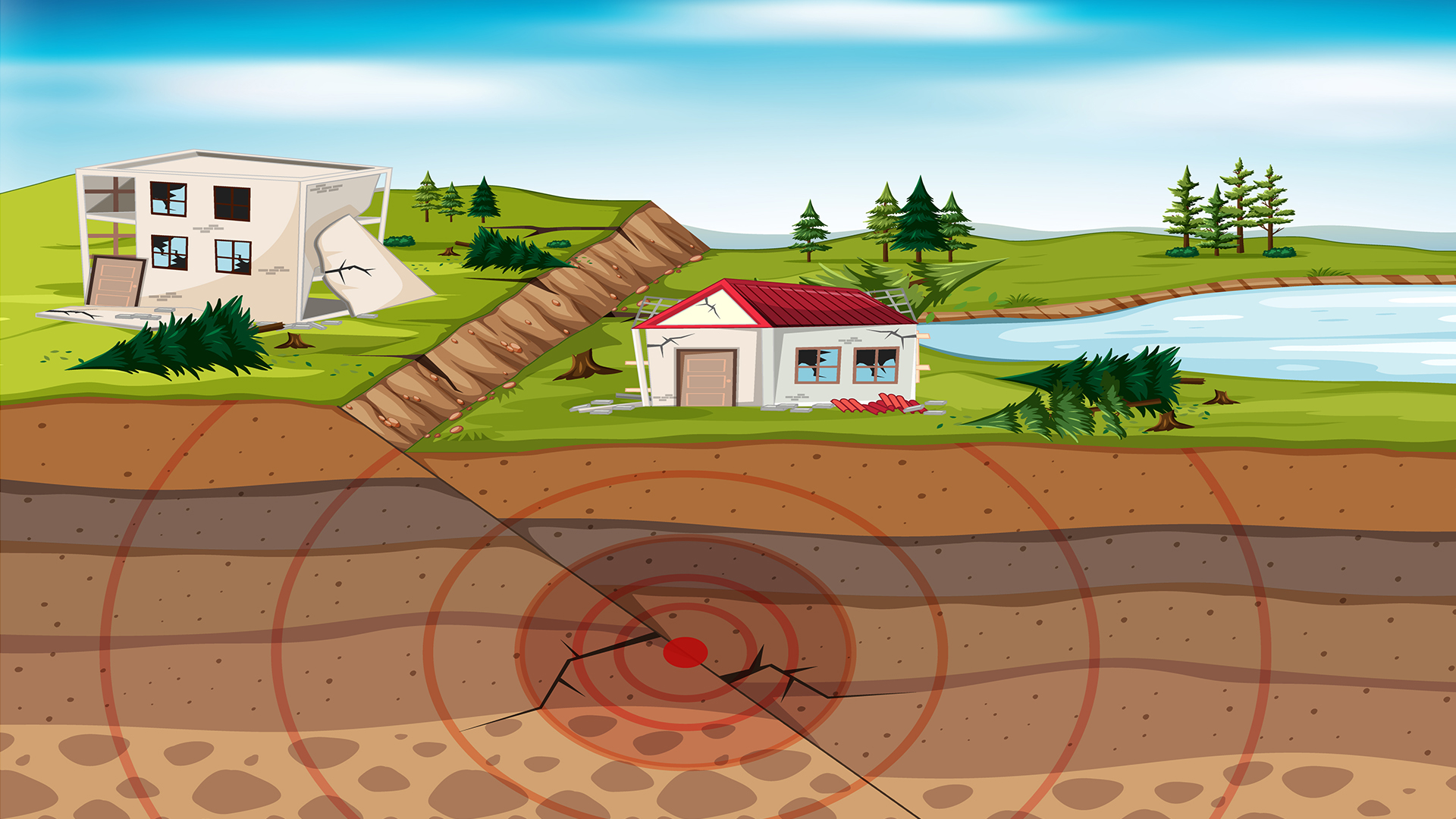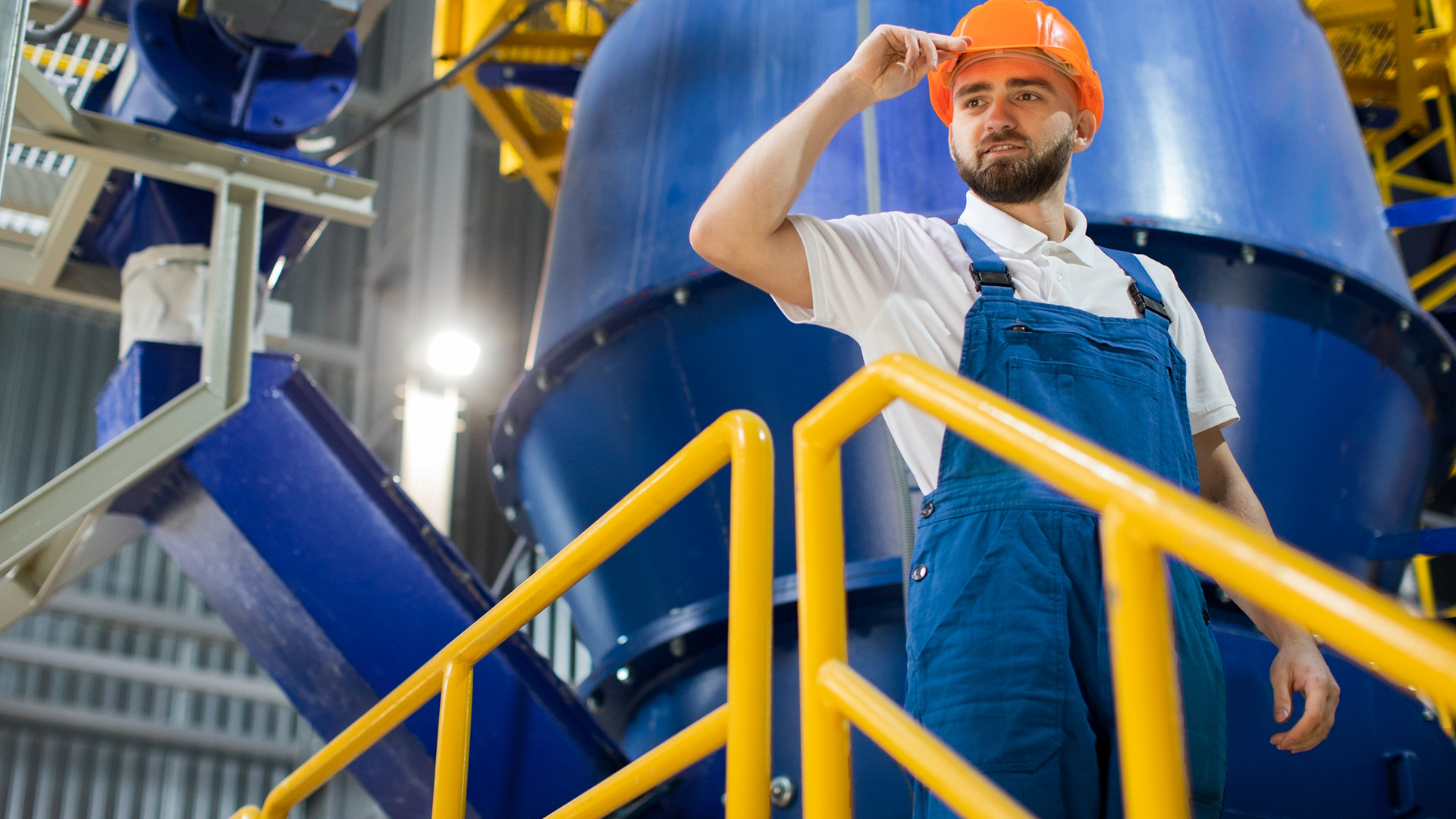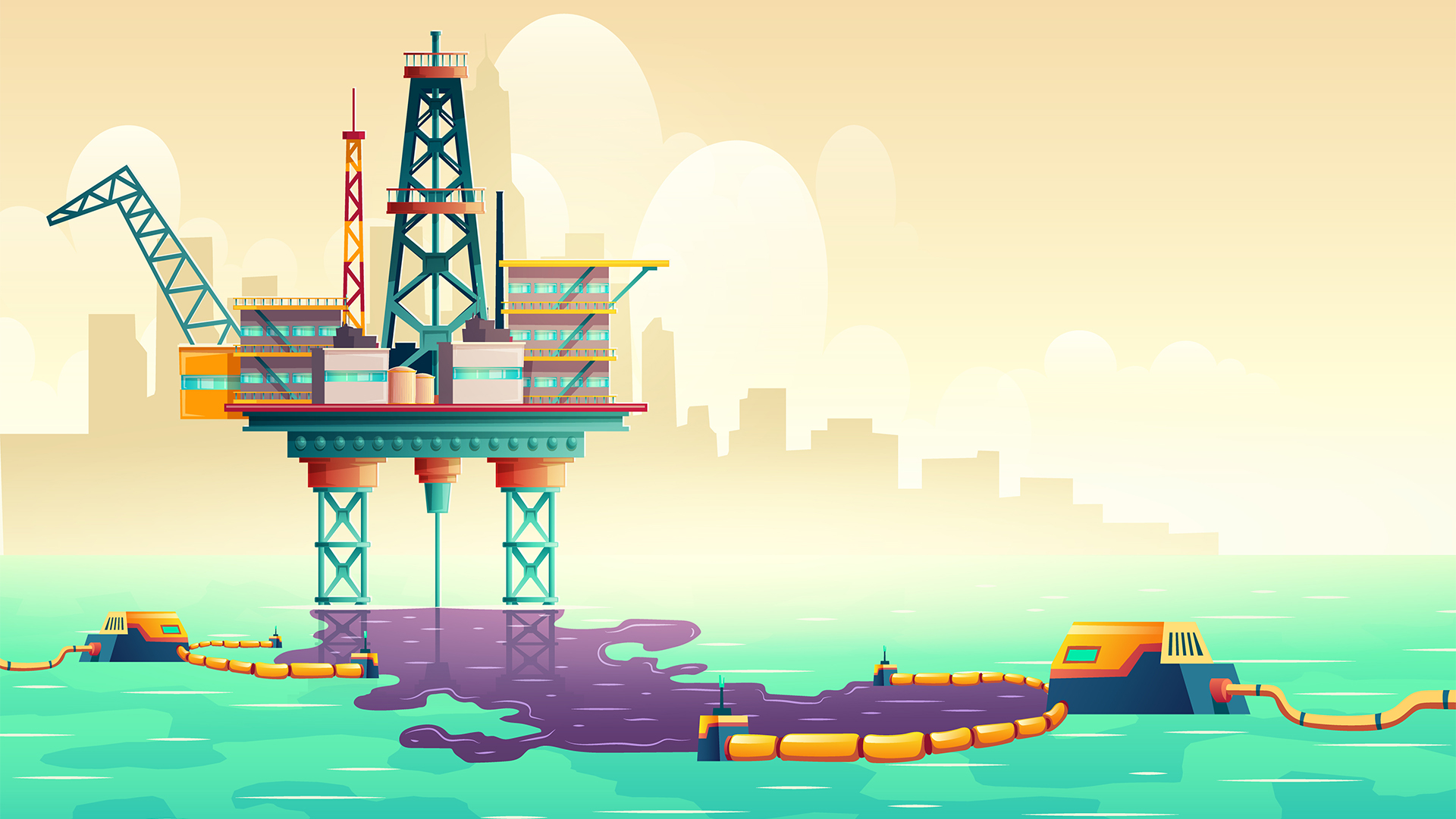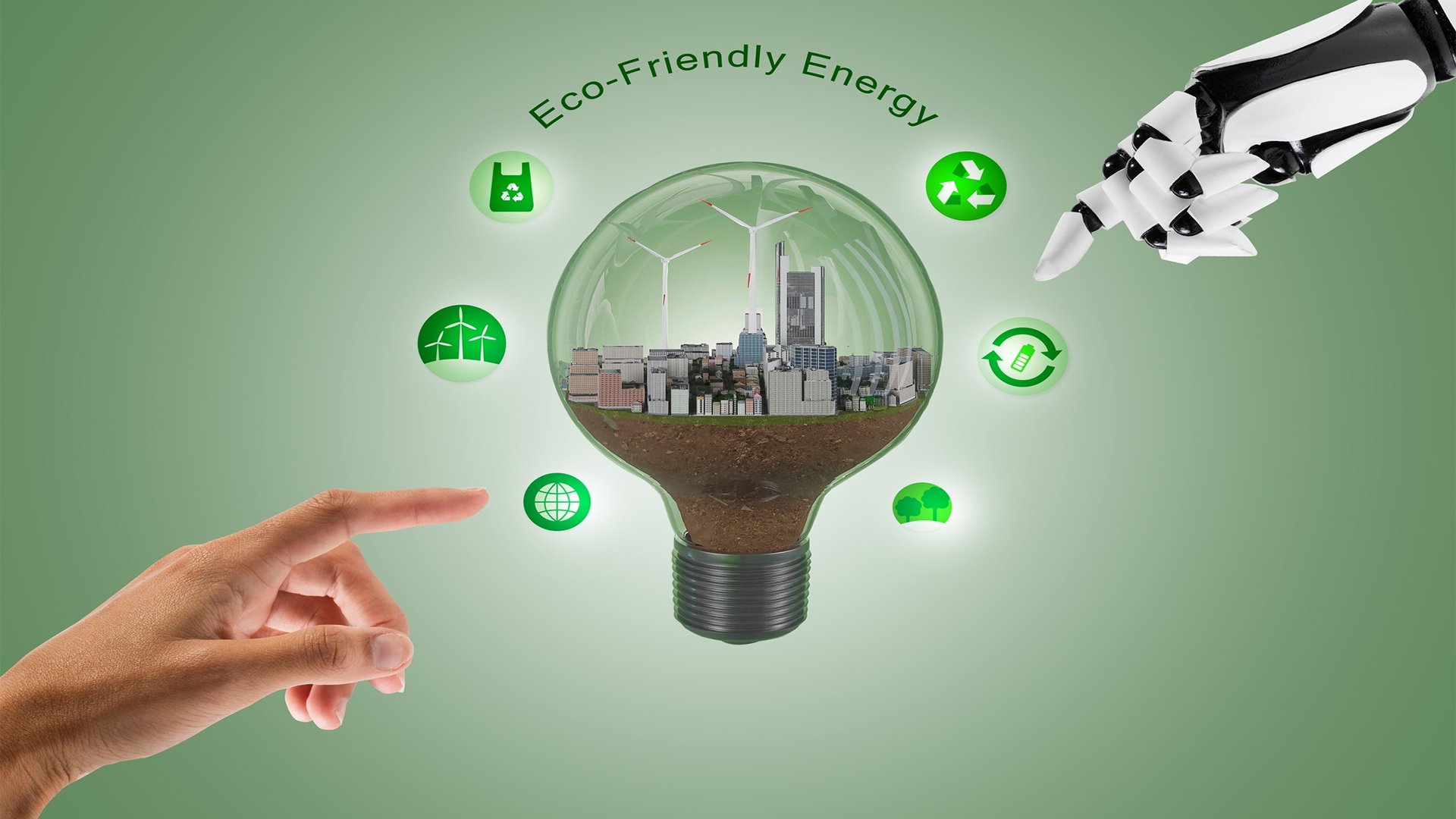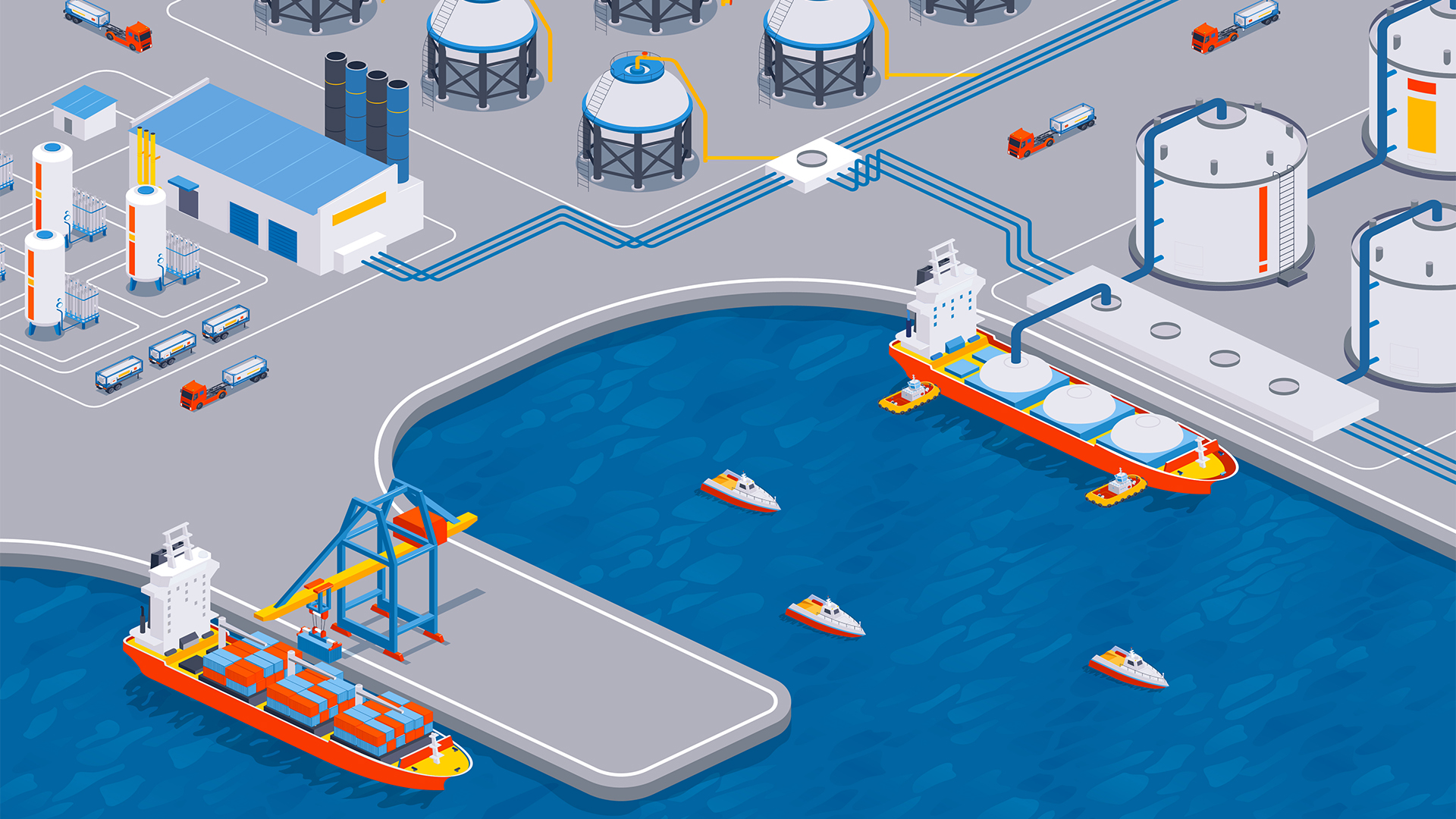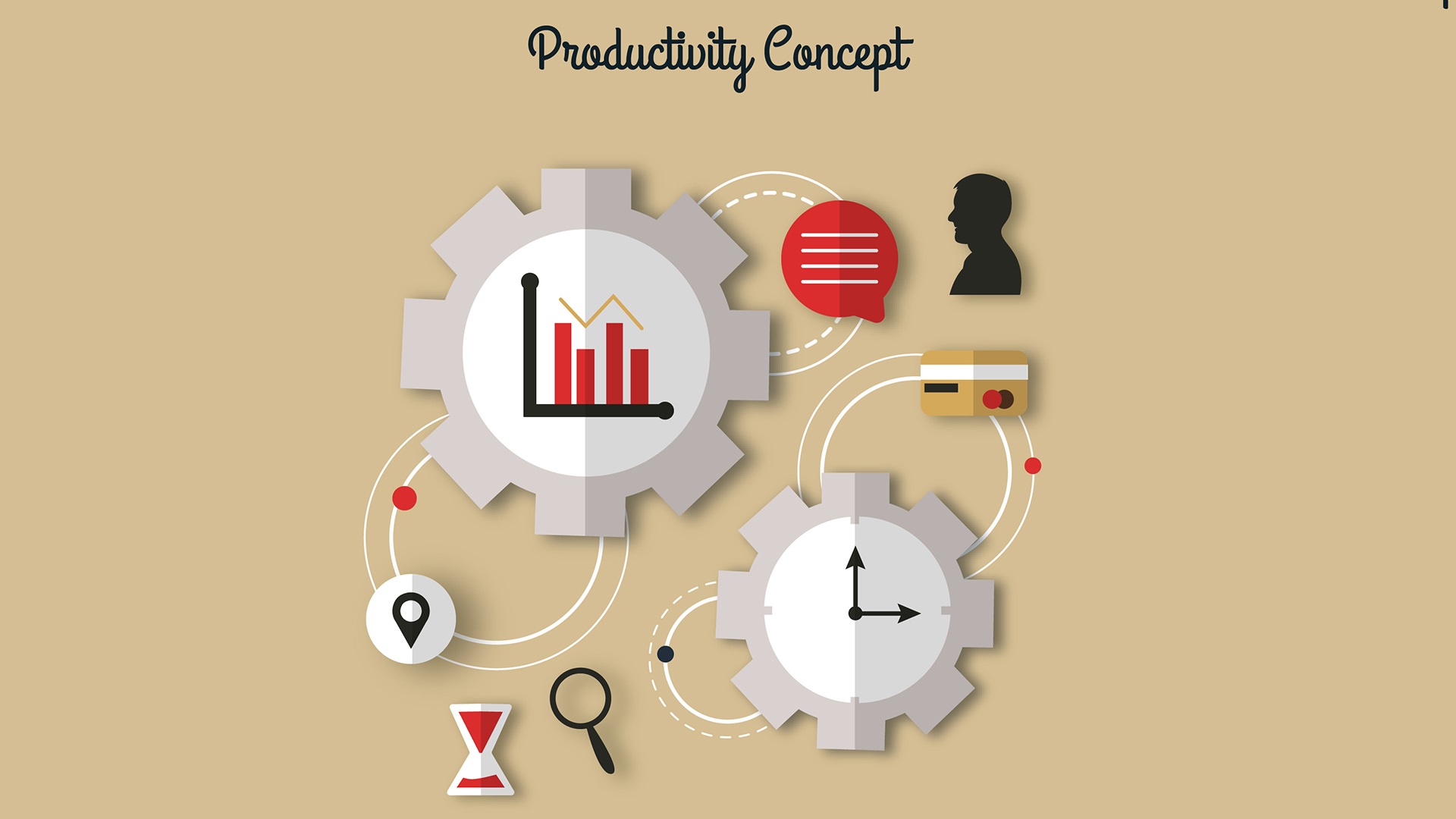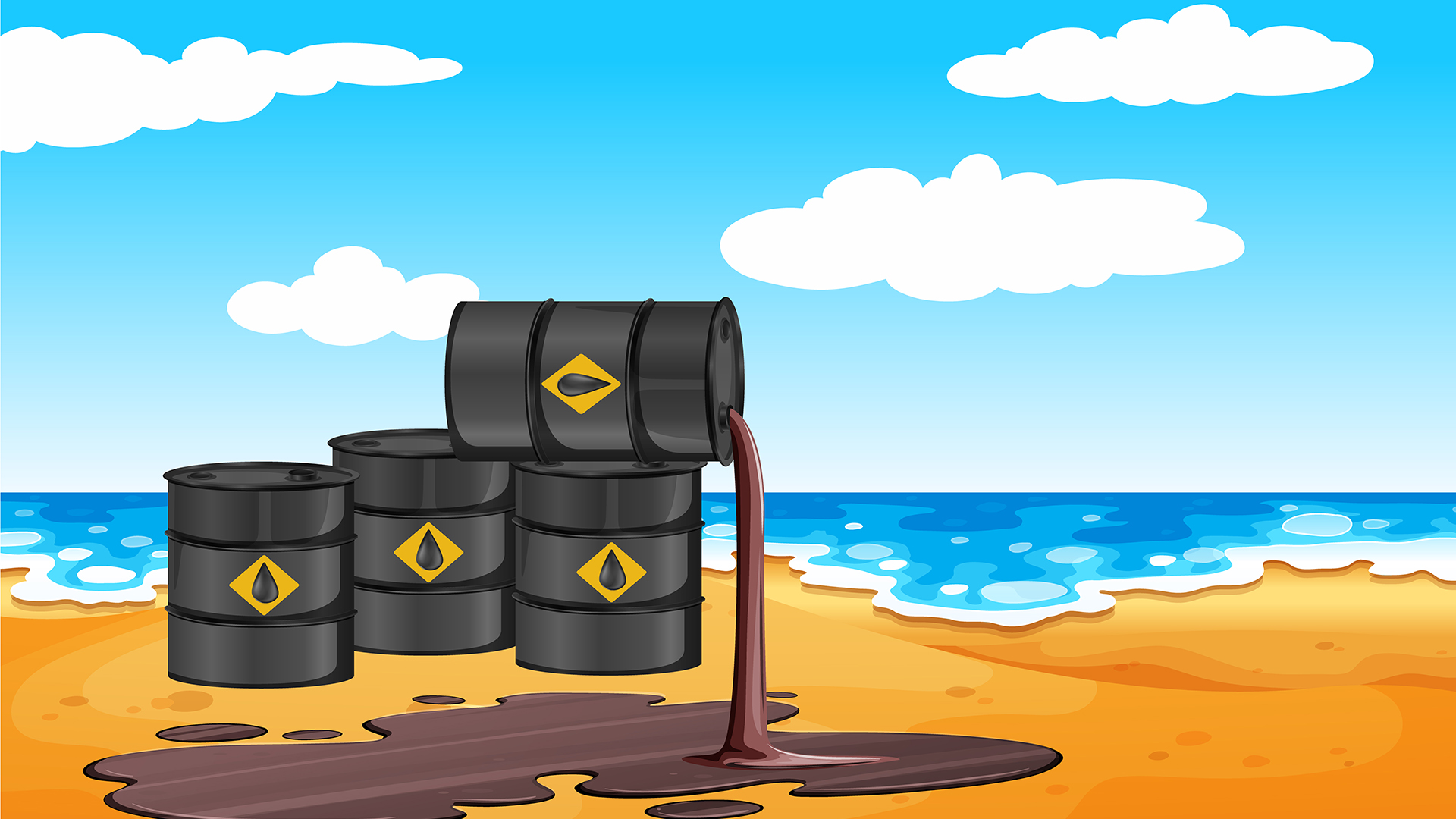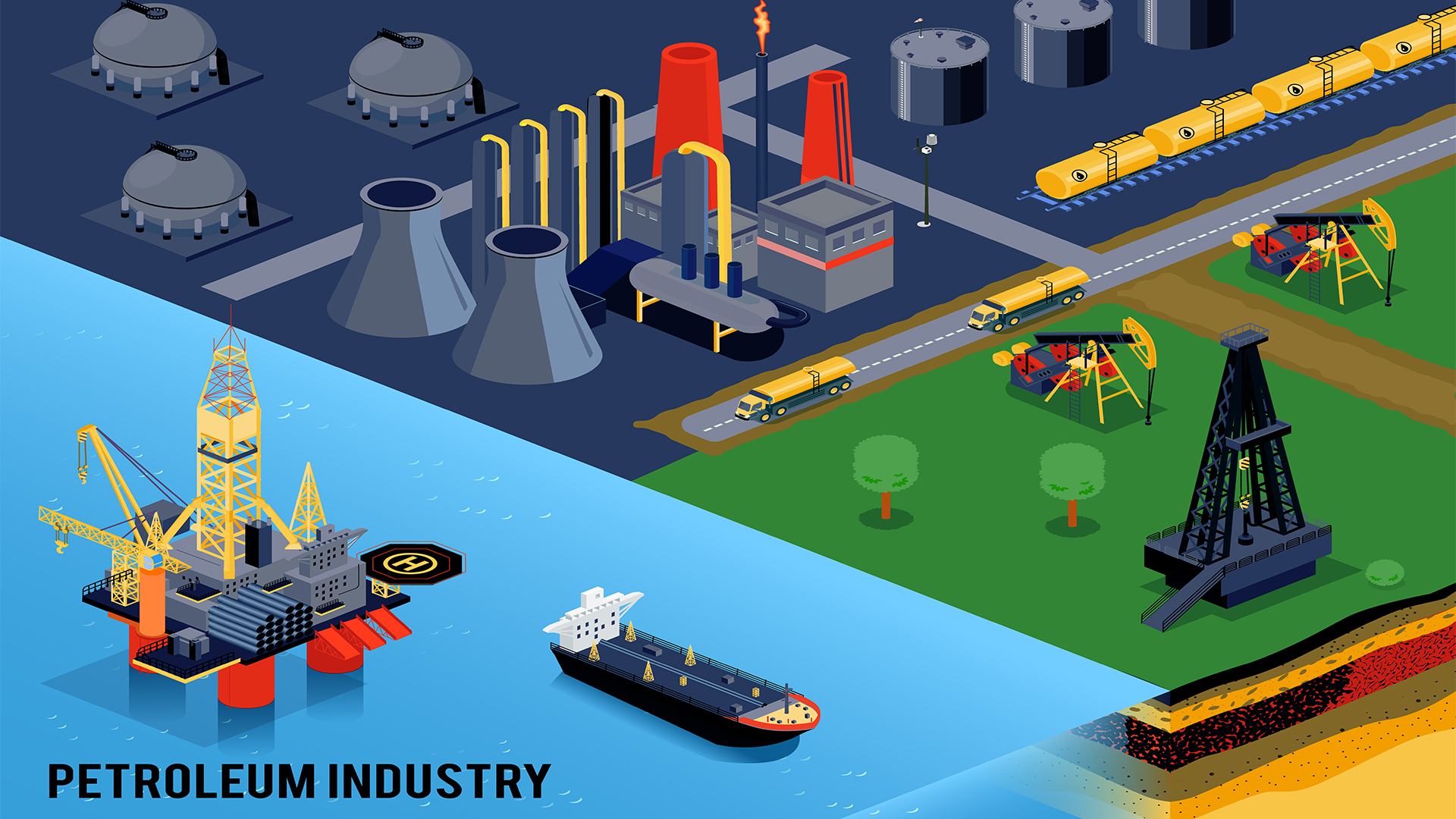
Petro-Technology And Energy Production 101 – Learn The Essentials
Course overview
The upstream portion of the oil and gas value chain is made up of activities related to petroleum exploration and production. This industry offers great rewards at significant risk.
Organizations concentrate on the exploration, testing, extraction, refinement, and production of various oils from crude oil extracted from reservoirs.
Although the rewards are also quite significant, operations must be carefully carried out due to the risks associated in these activities. This increases the need for thorough and specialist training in order to carry out and manage petroleum exploration and production activities with caution and expertise.
Participants will gain comprehensive knowledge and information about all the tasks involved in petroleum exploration and production by taking Training Bee’s Petroleum Exploration and Production training course.
All essential ideas required to succeed in any capacity related to petroleum exploration and production are covered in the course on petroleum exploration and energy production process and technology.
Additionally, by enrolling in this course, you will acquire the knowledge and expertise needed to successfully take on more responsibility and roles in the upstream industry, which will promote quicker career growth and advancement.
Introduction
To grasp the complexities of the oil and gas business, one must have a basic understanding of petroleum exploration and the Energy Production Process and Technology. This industry is characterized by intricate procedures, cutting-edge technologies, and a global influence.
The energy sector is largely responsible for producing energy and conducting petroleum exploration, which is how hydrocarbons like natural gas and crude oil are extracted from the Earth’s crust. These resources supply vital raw materials for a variety of products, such as chemicals, polymers, and transportation fuels, and they also function as main energy sources. The field is characterized by a wide range of procedures and technologies, all of which are intended to ethically and effectively utilize these priceless resources.
We are The Training Bee, a global training and education firm providing services in many countries. We are specialized in capacity building and talent development solutions for individuals and organizations, with our highly customized programs and training sessions.
In conclusion, the goal of this introductory course on petroleum exploration and energy production process and technology is to give students a basic understanding of the field, its technological developments, its global influence, and its role in the shift to more sustainable and clean energy sources.
Learning Objectives
Upon completing Petroleum Exploration and Energy Production Process and Technology, participants will be able to:
- A deep comprehension of every important facet of petroleum production and exploration
- The necessary expertise and viewpoint to assess current procedures, look for weaknesses, and come up with improvement ideas
- Sufficient self-assurance and expertise to instruct other experts in petroleum exploration and production techniques
- The necessary insight and aptitude to identify hazards, anticipate them, and create strategies for remedial action to lessen their harmful effects
- The comprehension and familiarity with cutting-edge ideas that might improve efficiency and quality in exploration and production operations
- The capacity and expertise to use modern technology to improve operations’ speed and quality
Our Unique Training Methodology
This interactive course comprises the following training methods:
- Journaling – This consists of setting a timer and letting your thoughts flow, unedited and unscripted recording events, ideas, and thoughts over a while, related to the topic.
- Social learning – Information and expertise exchanged amongst peers via computer-based technologies and interactive conversations including Blogging, instant messaging, and forums for debate in groups.
- Project-based learning
- Mind mapping and brainstorming – A session will be carried out between participants to uncover unique ideas, thoughts, and opinions having a quality discussion.
- Interactive sessions – The course will use informative lectures to introduce key concepts and theories related to the topic.
- Presentations – Participants will be presented with multimedia tools such as videos and graphics to enhance learning. These will be delivered engagingly and interactively.
Training Medium
This Petroleum Exploration and Energy Production Process and Technology training is designed in a way that it can be delivered face-to-face and virtually.
Course Duration
This training is versatile in its delivery. The training can be delivered as a full-fledged 40-hour training program or a 15- hours crash course covering 5 hours of content each day over 3 days
Pre-course Assessment
Before you enroll in this course all we wanted to know is your exact mindset and your way of thinking.
For that, we have designed this questionnaire attached below.
- What is the oil and gas industry’s main energy source?
- Which geological feature is usually the focus of oil and gas exploration efforts?
- What is the main reason for conducting seismic surveys when looking for petroleum?
- Which kind of drilling is most frequently employed to reach deep gas and oil reservoirs?
- Which element makes up the majority of natural gas?
- What does EOR mean in terms of energy production?
Course Modules
This Petroleum Exploration and Energy Production Process and Technology covers the following topics for understanding the essentials of the Agile Workplace:
Module 1 – Phases of the Lifecycle of Exploration and Production
- Exploration
- Appraisal
- Development
- Production
- Decommissioning
Module 2 – Components of an Exploration Prospect
- Source rock
- Migration
- Reservoir
- Trap
Module 3 – Types of Reserves for Gas and Oil
- Confirmed reserves
- Likely reserves
- Potential buffers
Module 4 – Things That an Exploration Permit Can Be Used For
- Development of databases
- Analysis of data
- Programming for mapping, geological, and photo-geological surveys
- Seismic data
- Interpretation of seismic data
Module 5 – Techniques for Exploration of Crude Oil
- Grease traps
- Survey of gravity
- Seismic analysis
- Remote observation
Module 6 – Geophysical Exploration Techniques
- Gravimetric
- Magneto metric
- Magneto telluric
- Seismic
Module 7 – Sources of Upstream Emissions from Oil and Gas Exploration
- Rigs for drilling
- Pumps for hydraulic fracturing
- Degassing of mud
- Nicely done venting
Module 8 – Production Sources of Upstream Emissions from Oil and Gas
- Synthetic life engines
- Related gas venting tanks for crude oil and condensate
- Dehydration Devices
- Powered by gas, pneumatic pumps
- Engines with wellhead compressors
Module 9 – Upstream Oil and Gas Operations’ Success Factors
- Vacant space along the value chain
- Project management that works
- Relationships and cooperation with the service industry
- Order in the operations
- Ongoing agreements with reliable parties
Post-course Assessment
Participants need to complete an assessment post-course completion so our mentors will get to know their understanding of the course. A mentor will also have interrogative conversations with participants and provide valuable feedback.
- What is the main reason for keeping well logs during petroleum exploration, and what kinds of information might be gleaned from them?
- Describe the oil and gas industry’s use of the term “reserve estimation” and the variables that affect the process.
- Explain the primary steps in the petroleum drilling process, from choosing a location to finishing the well, and talk about the important tools and technology used.
- Explain the differences between traditional and unconventional sources of gas and oil, and give instances of each.
- Talk about the steps taken to reduce potential dangers as well as the environmental and regulatory issues related to offshore oil and gas production.
- Describe the techniques utilized to improve oil recovery and the function reservoir engineering plays in maximizing the production of hydrocarbons from subterranean reserves.
Lessons Learned
The petroleum business is a broad, multidimensional sector that encompasses exploration, drilling, reservoir management, refining, transportation, and distribution. Students will have learnt that it is not just about drilling for oil and gas.
Technological Advancements: They will have come to understand that advances in seismic imaging, enhanced drilling techniques, reservoir simulation, and other related fields are critical to enhancing exploration and production operations.
Environmental and Sustainability Challenges: Students have to have acquired knowledge about the environmental issues and legal issues related to the production of oil and gas. They will recognize the importance of cleaner technologies and sustainable practices.
Energy Transition: By now, students should be familiar with the current energy transition, which entails incorporating renewable energy sources and moving toward more environmentally friendly energy practices. They ought to be aware of how quickly the energy landscape is changing.
Global Perspective: With an emphasis on energy security, geopolitics, and the effects of energy production on the global economy, the course may have taught students about the global aspect of the sector.
Safety and Risk Management: They should understand the significance of safety in the petroleum sector and the range of risk management techniques used to safeguard the environment and employees.
